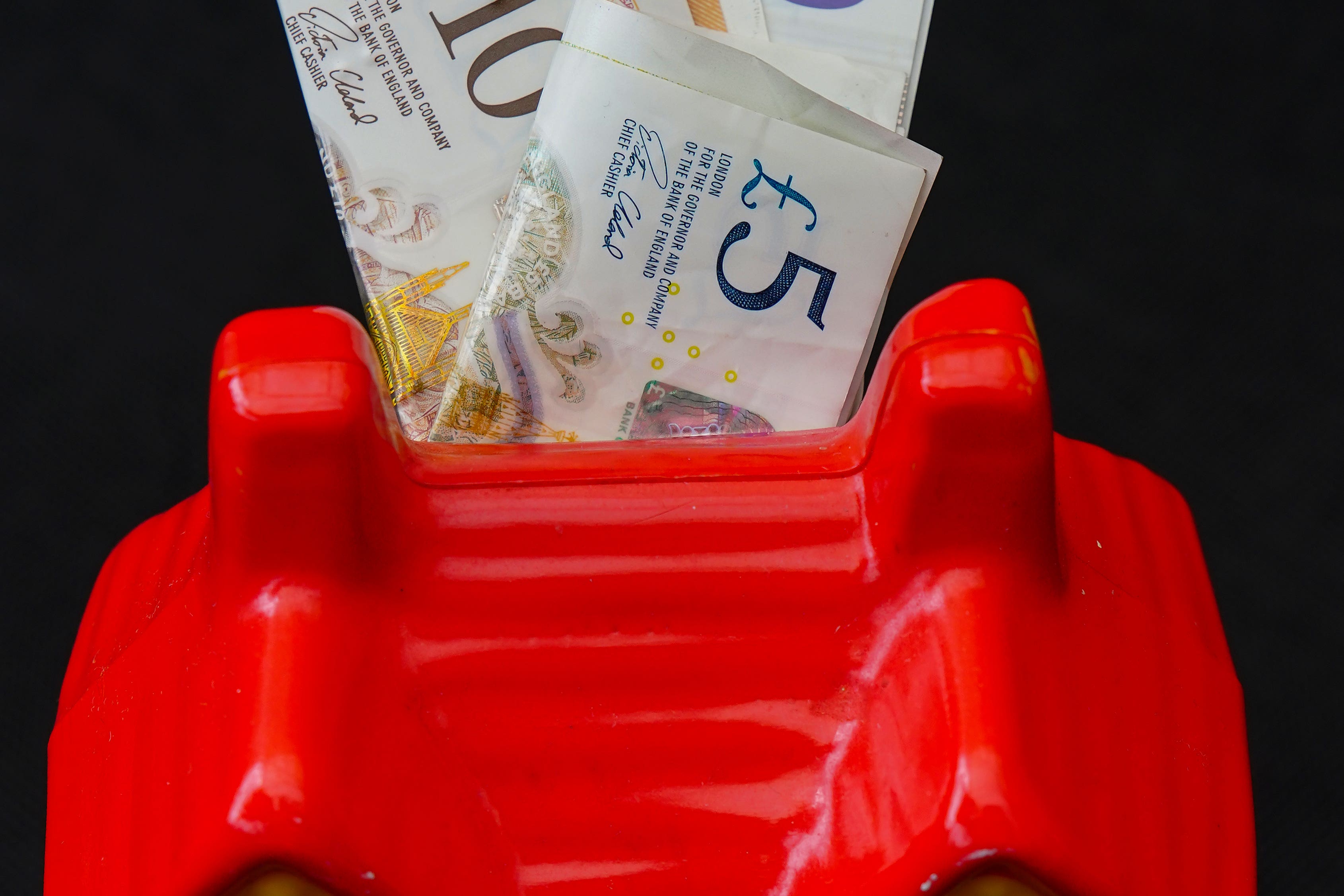Credit card borrowing costs jump amid ‘onslaught’ of savings rate cuts
Some average savings rates have been chopped, while interest-free periods on credit cards have become shorter, according to Moneyfacts.

Your support helps us to tell the story
From reproductive rights to climate change to Big Tech, The Independent is on the ground when the story is developing. Whether it's investigating the financials of Elon Musk's pro-Trump PAC or producing our latest documentary, 'The A Word', which shines a light on the American women fighting for reproductive rights, we know how important it is to parse out the facts from the messaging.
At such a critical moment in US history, we need reporters on the ground. Your donation allows us to keep sending journalists to speak to both sides of the story.
The Independent is trusted by Americans across the entire political spectrum. And unlike many other quality news outlets, we choose not to lock Americans out of our reporting and analysis with paywalls. We believe quality journalism should be available to everyone, paid for by those who can afford it.
Your support makes all the difference.The savings market has experienced an “onslaught” of rate cuts, while borrowers looking to put some of their Christmas spending on a new credit card may find that conditions have become tougher, analysis by a financial information website indicates.
The average one-year fixed-rate bond fell to 5.13% at the start of December, from 5.36% at the start of November, marking the biggest month-on-month fall since February 2009.
And the typical easy access rate on the market fell from 3.18% at the start of November to 3.17% at the start of December – the first fall since September 2021.
Not all account types recorded rate drops. The average notice Isa rate increased to 4.22% at the start of December, from 4.09% at the start of November, marking the highest rate for this account type since November 2008 (4.91%).
The average easy access Isa rate rose month-on-month to 3.31%, from 3.29% at the start of November, to stand at its highest point since December 2008 (3.74%).
As it stands, savers will find some of the best returns are on offer with building societies and challenger banks
Rachel Springall, a finance expert at Moneyfacts, said: “The savings market experienced an onslaught of fixed rate cuts month-on-month.”
She added: “If savers locked into a best buy fixed rate bond or Isa six months ago, then they are likely earning more as a guaranteed return than they could get with the latest deals on offer.
“As it stands, savers will find some of the best returns are on offer with building societies and challenger banks, so it’s worth keeping a close eye on the market and compare deals carefully.”
Average interest rates were based on someone having a £5,000 deposit at the start of the month.
Moneyfacts also looked at the credit card market, and found that the average purchase APR (annual percentage rate) jumped to 34.6% by the start of December – the highest rate on the website’s records going back to June 2006.
The average interest-free balance transfer term being offered on credit cards fell to 508 days in December, the lowest figure recorded since April 2015.
Since the start of September, balance transfer offers have dwindled, and the average term someone will have to pay off their debts is the shortest length recorded in over eight years
The typical interest-free purchase term being offered by credit card providers fell to 244 days by the start of December, down from 250 days at the start of September.
Ms Springall added: “Since the start of September, balance transfer offers have dwindled, and the average term someone will have to pay off their debts is the shortest length recorded in over eight years.
“Those borrowers who have debts incurring interest will find the average credit card purchase APR now sits at a record high of 34.6%.
“Over the past quarter, the average APR has been fuelled by a mix of interest rate rises, card fee rises, withdrawals and the size of fees on new cards launched.
“Interest rate rises should encourage borrowers to compare and switch deals, such as with a 0% balance transfer offer, but consumers must watch out for upfront balance transfer fees.”